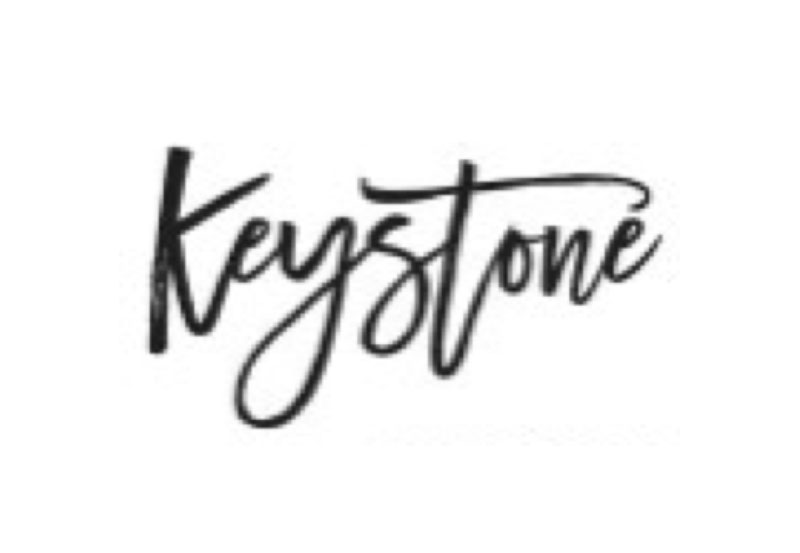HOME – Transport & Manufacturing
Transport & Manufacturing
The Australian transport sector is facing significant challenges due to rising fuel costs and supply chain disruptions, which could lead to an increase in insolvencies.
Transport containers became log bound in regional transport centres forcing demand and costs of freight to 10-year highs at the same time demand for goods increased as people moved to ecommerce home delivery. As a result, companies are now moving to protect their supply chains moving to multiply suppliers rather than consolidating supplies with one country or operator i.e. China.
In the manufacturing space the delay in obtaining and cost of transport motivated the development of more on shore production with critical customers moving to local manufacture.
Key Challenges
- Australia is facing increased capacity constraints as the nation’s population grows. Studies estimate that congestion costs will rise to $39.8 billion by 2031, which has already doubled since 2016 to 19 billion. Australia’s urban freight task is set to grow by 60 per cent by 2040.
Many businesses in 2021-22 have also doubled their e-commerce operations and show no sign of stopping. This growth indicates a need to rethink the way businesses operate in line with consumer and community expectations. As Australia’s population grows, so do the freight tasks.
Over the next five years it forecasts an additional 2.4 million square metres of e-commerce dedicated logistic space will be required just in Australia. - Australia has allowed its manufacturing sector to decline to dangerous levels, now down to around 6 per cent of GDP. Australia’s manufacturing deficit is increasing year on year, particularly in R&D-intensive ‘elaborated transformed manufactures’ (ETMs). While ETM imports have more than doubled to around $215 billion over the last 25 years, ETM exports have increased only marginally to $36 billion, with the widening deficit most acute in engineering products.
- The increasing price of oil and Australia’s unmaintained national road network is driving up the cost of freight only some of which can be passed on to consumers.
Our Experience
While the transport industry overall remains healthy, there are company specific issues facing individual operators depending on their balance sheets and liquidity.
Olvera has worked on a number of transport companies over the past 10 years. We have also designed the exit plans for a number of manufacturing operators in the car industry looking to close down their operations, specifically in the car industry which been impacted most by globalisation.
Case Studies
OUR CLIENT
North West Crane Hire
JOB TYPE
Strategy Execution
DATE
September 2021
Practitioner
Kate Barnet, Damien Hodgkinson

Kate Barnet
Kate develops strategic solutions for groups dealing in crisis management and/or distress investment. He has over 30 years of experience working with distressed companies in the financial assessment, recoverability, and sustainability of risk assets.
MEET OUR TEAM
Olvera Advisors
PRINCIPAL
Kate Barnet is a recognised leader in the insolvency and reconstruction industry.
PRINCIPAL
PRINCIPAL
Mirzan has in excess of 13 years of experience across restructuring and turnaround, corporate finance, mergers and acquisitions and corporate banking in Australia and in Singapore
PRINCIPAL
Michael offers Olvera Advisors over two decades of international restructuring expertise, adept at innovatively supporting diverse businesses, from small firms to listed companies.
PRINCIPAL
Tony contributes 15 years of insolvency experience to Olvera Advisors, with diverse industry expertise and a unique background in ASIC’s Enforcement Division.
PRINCIPAL
Neil Cussen, a leading authority in insolvency and reconstruction, offers 35 years of experience, excelling in asset tracing, business recovery, and cross-border insolvencies.
PRINCIPAL
Robyn’s inclusion in the Olvera team brings an added 15 years of expertise in corporate reconstruction, insolvency, and forensics.






























